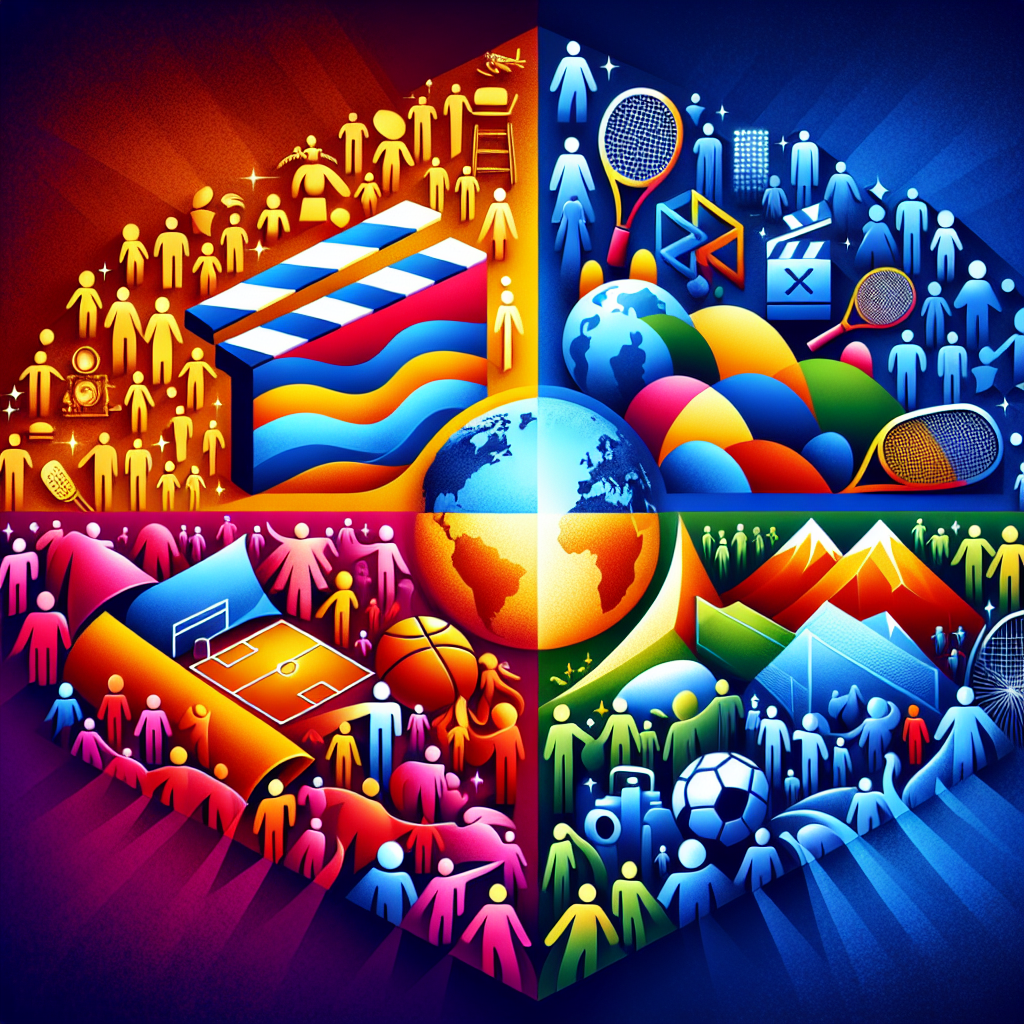Gen Z Ditches the Script: Why Brands Must Rethink Life Stage Marketing
Gen Z, born roughly between 1997 and 2012, is reshaping how brands approach marketing by rejecting traditional life stage models—think linear progressions like education, career, marriage, homeownership, and retirement—that have long guided consumer profiles. This shift, noted in a July 2025 Ad Age article, reflects Gen Z’s unique values, economic realities, and digital-first mindset, forcing brands to rethink outdated strategies. Below, I’ll detail why Gen Z is moving away from these conventional milestones, how this impacts their consumer behavior, and what brands need to do to adapt, drawing on relevant insights.
Why Gen Z Rejects Traditional Life Stages
Non-Linear Life Paths
- Gen Z prioritizes flexibility and individuality over rigid milestones. Many are delaying or redefining traditional markers like marriage (median age now 31.1 for men, 29.2 for women) or homeownership due to economic pressures like student debt and inflation.
- They value experiences over possessions, focusing on travel, wellness, or personal growth rather than settling into predictable stages like starting a family or buying a house. For instance, 44% of Gen Z struggle with exercise motivation, indicating a focus on wellness that doesn’t align with traditional “settling down” narratives.
- This generation sees life as fluid, often hopping between education, gig work, or entrepreneurship. By 2025, they make up 27% of the global workforce, prioritizing work-life balance (40% emphasize this when choosing jobs) over climbing the corporate ladder (only 6% aim for leadership roles).
Economic and Social Realities
- Gen Z came of age during economic instability (2008 recession, pandemic, rising costs), making traditional milestones like homeownership less attainable. They’re financially cautious, with 59% planning to save more in 2025, and 55% optimistic about economic improvement despite concerns.
- They face rejection in multiple arenas—jobs (average knowledge worker job gets 244 applications), dating (constant “ghosting” or “situationships”), and education—leading to anxiety and a rejection of systems that don’t serve them.
- Some are even turning to unconventional paths, like choosing farm life over urban careers, reflecting a desire for authenticity and simpler living.
Digital Natives with New Priorities
- As the first fully digital-native generation, Gen Z lives on platforms like TikTok, YouTube, and Instagram, where they discover products and shape their identities. They treat social media as search engines, with 67% of teens using TikTok and 93% using YouTube for product research.
- They reject hustle culture, valuing mental health (65% report mental health issues) and analog experiences like vinyl or film cameras over constant online presence. This “offline is the new luxury” mindset clashes with traditional life stage expectations of constant achievement.
Value-Driven and Skeptical
- Gen Z demands authenticity, inclusivity, and sustainability from brands. They distrust institutions (24% don’t trust business leaders, 49% distrust religious leaders) and can spot performative marketing instantly, calling it out publicly.
- They prioritize brands that align with their values, like gender-neutral products (48% value non-binary branding) or sustainable practices, but expect brands to take responsibility rather than burdening consumers with eco-friendly costs.
How This Impacts Consumer Behavior
Spending Power and Influence
Gen Z wields an estimated $600 billion in global spending, including family-influenced purchases. They prefer digital convenience (mobile banking, Buy Now Pay Later) and social commerce, with 70% researching brands before buying.
Platform Preferences
They favor TikTok for trends, YouTube for in-depth reviews, and Instagram for aesthetic discovery. Brands must be mobile-optimized and create short, engaging content to capture their short attention spans.
Rejection of Trend Cycles
Gen Z is tired of microtrends (e.g., “mermaidcore” or Stanley tumblers), feeling consumption fatigue from fast fashion and viral fads. Many embrace “underconsumption core,” showcasing off-trend, sustainable choices.
Focus on Individuality
They reject stereotypes, embracing gender-fluid fashion (e.g., boys in pearls, girls in cargos) and thrifted styles to craft unique identities. This challenges brands reliant on mass-market, life-stage-based segmentation.
What Brands Need to Do
To connect with Gen Z in 2025, brands must abandon outdated life-stage marketing and adapt to their fluid, value-driven worldview:
Embrace Authenticity
Be transparent about values and practices. Gen Z rejects buzzwords and demands proof of ethical stances, like sustainable supply chains or inclusivity. For example, brands like MrBeast’s integrate promotions into authentic content, earning trust.
Meet Them Where They Are
Invest in social platforms like TikTok and YouTube, using user-generated content, influencer partnerships, and behind-the-scenes videos. Social commerce is critical, as Gen Z expects seamless shopping on social media.
Adapt to Life Stage Fluidity
Tailor offerings to Gen Z’s diverse stages—teens want trends, young adults seek value, and early professionals prioritize sustainability and career tools. Loyalty programs should be flexible, offering rewards like eco-friendly points or professional perks.
Prioritize Mental Health and Wellness
Support mental health through campaigns or workplace benefits, as Gen Z values brands that reflect their focus on well-being over hustle culture.
Simplify and Personalize
Deliver seamless digital experiences and personalized content using AI and machine learning. Gen Z expects instant, tailored interactions without cumbersome processes.
Move Beyond Trends
Focus on cultural shifts like nostalgia (Y2K aesthetics) or community-driven experiences rather than fleeting microtrends. Position brands as enablers of Gen Z’s personal narratives, not just products.
Examples of Brands Adapting
MrBeast and Charli D’Amelio
These influencers blend authentic content with product promotions, resonating with Gen Z’s preference for relatable endorsements.
Birkenstock and Bud Light
These brands gained traction in Q1 2025 by aligning with Gen Z’s values, like sustainability and cultural relevance.
Minecraft’s UN-Habitat Partnership
Interactive gaming experiences tap into Gen Z’s love for community-driven, meaningful engagement.
Conclusion
Gen Z’s rejection of traditional life stages stems from their digital nativity, economic challenges, and emphasis on authenticity, individuality, and mental health. Brands clinging to outdated consumer profiles risk losing relevance as Gen Z’s $600 billion spending power grows. To stay competitive, companies must prioritize mobile-first, value-driven, and personalized strategies that align with Gen Z’s fluid life paths and cultural priorities. By focusing on genuine engagement and adapting to their evolving needs, brands can build lasting loyalty with this influential generation.
Featured Blogs
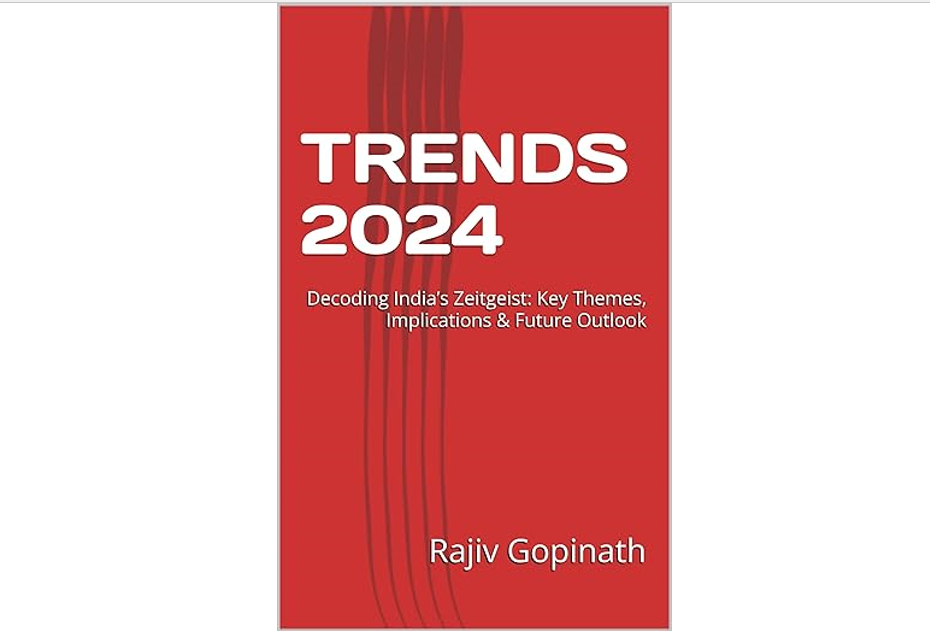
TRENDS 2024: Decoding India’s Zeitgeist: Key Themes, Implications & Future Outlook
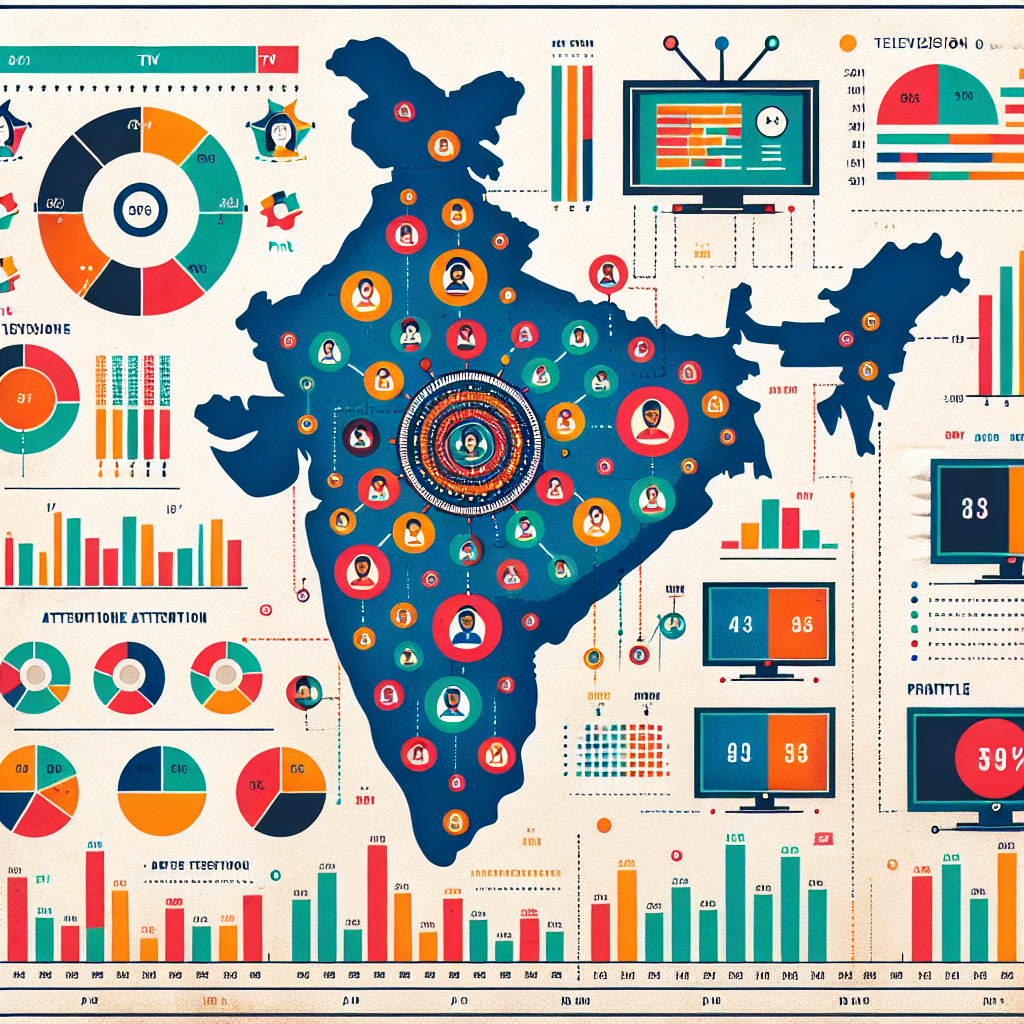
How to better quantify attention in TV and Print in India
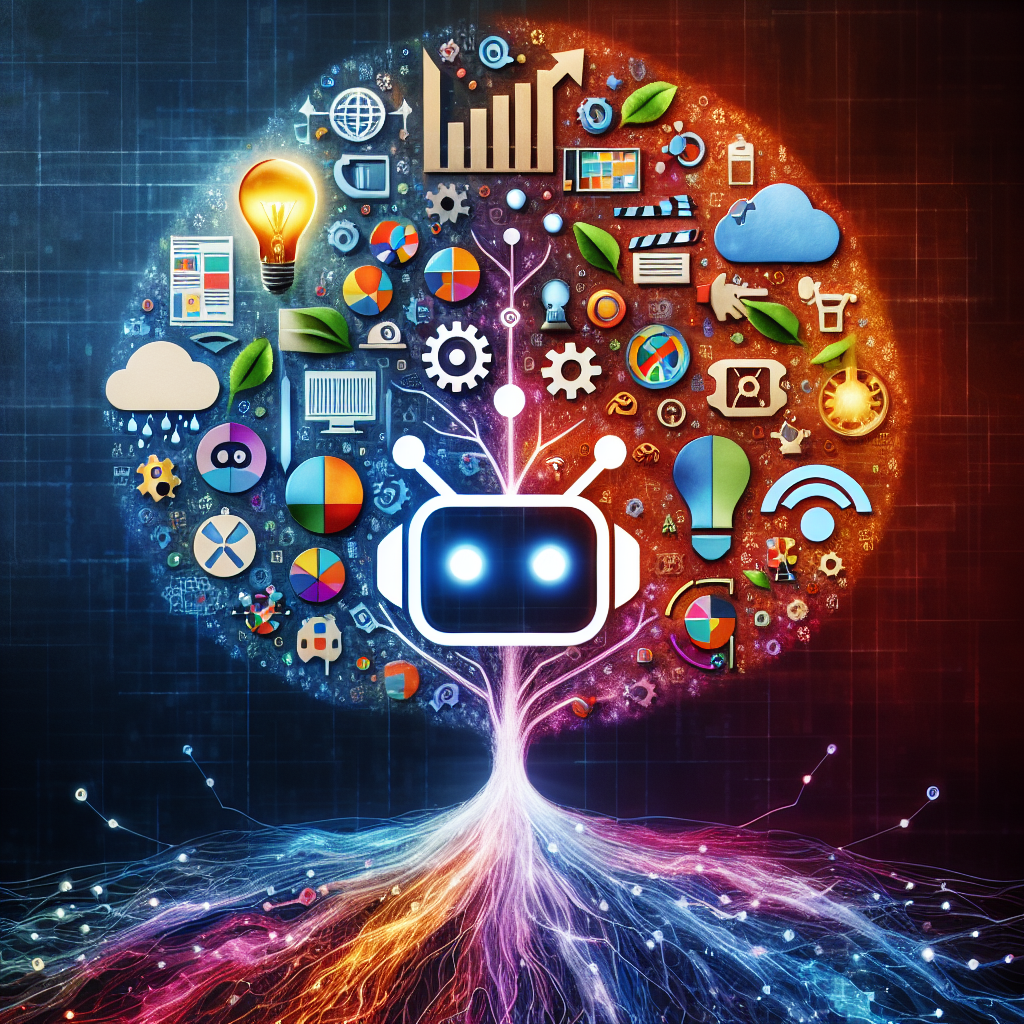
AI in media agencies: Transforming data into actionable insights for strategic growth
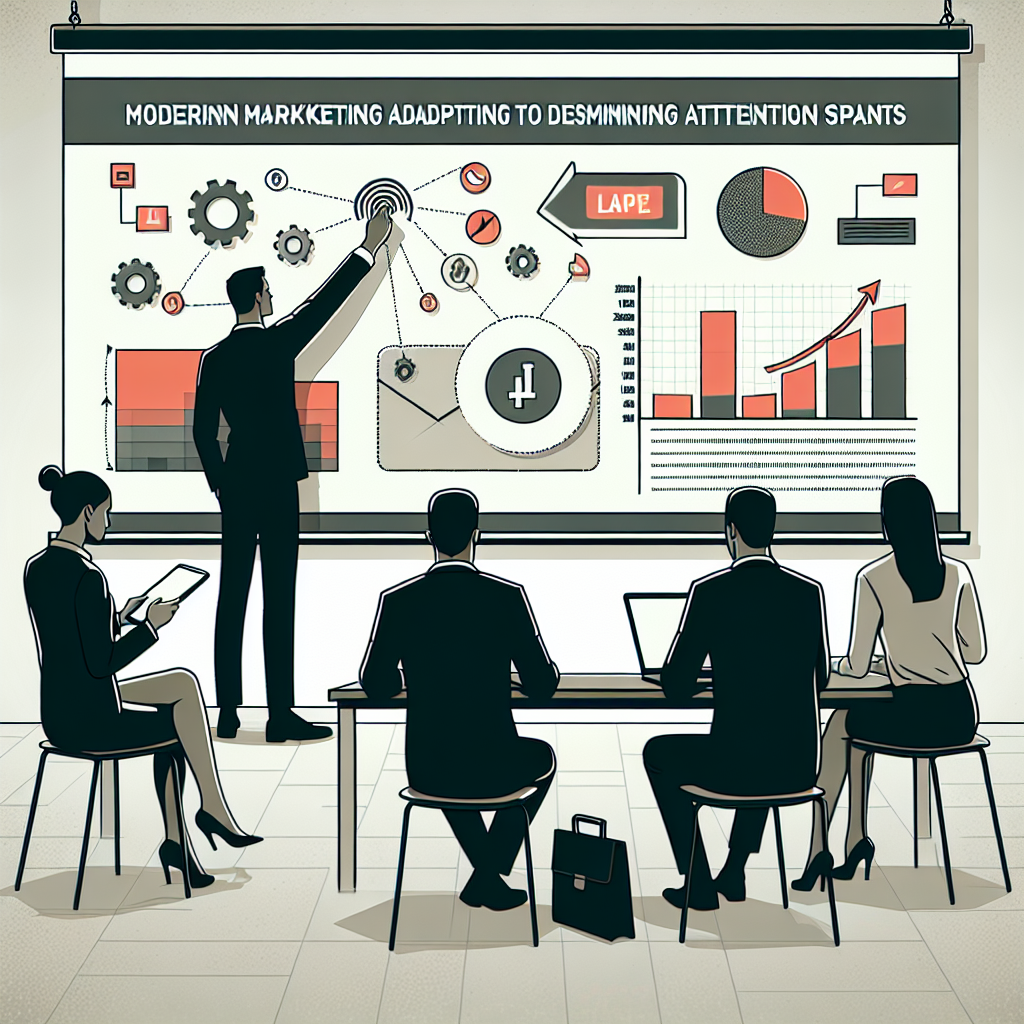
How the Attention Recession Is Changing Marketing
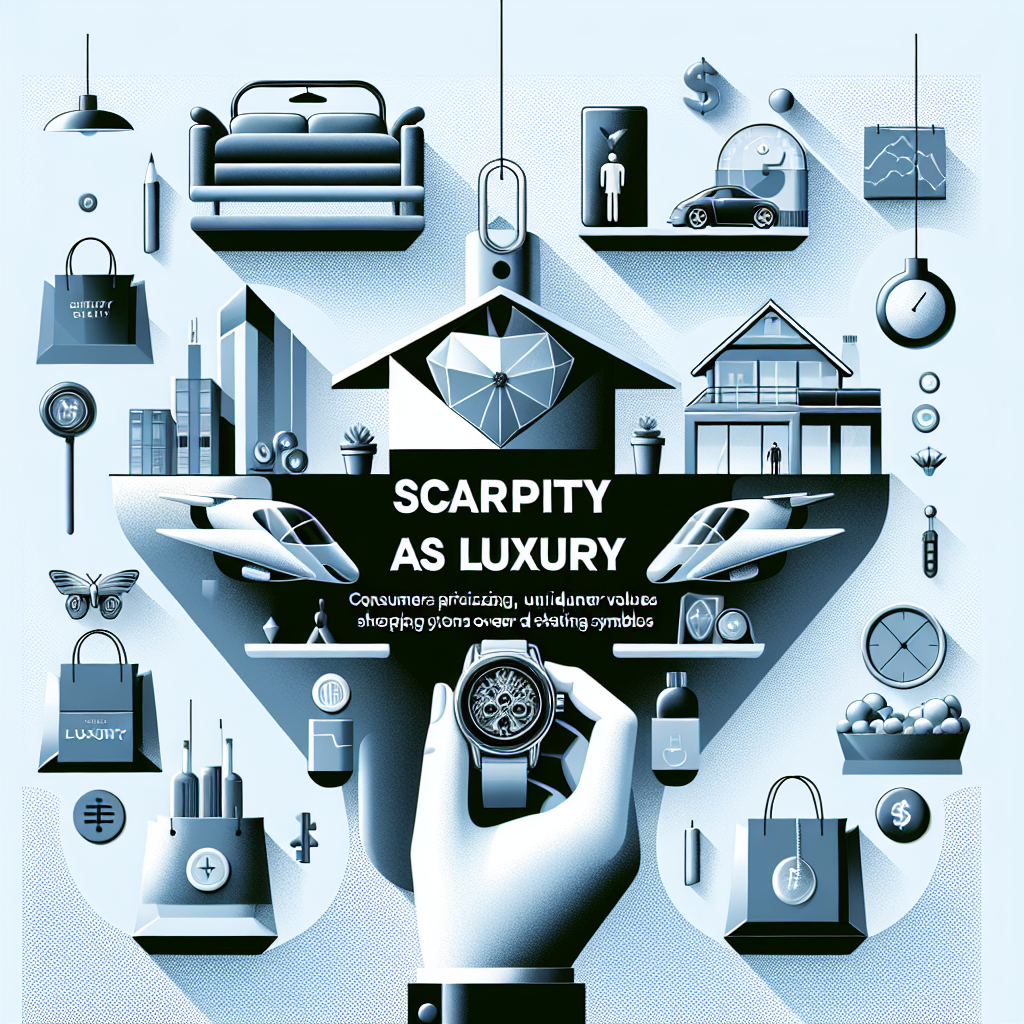
The New Luxury Why Consumers Now Value Scarcity Over Status

The Psychology Behind Buy Now Pay later

The Rise of Dark Social and Its Impact on Marketing Measurement

The Role of Dark Patterns in Digital Marketing and Ethical Concerns

The Future of Retail Media Networks and What Marketers Should Know
Recent Blogs
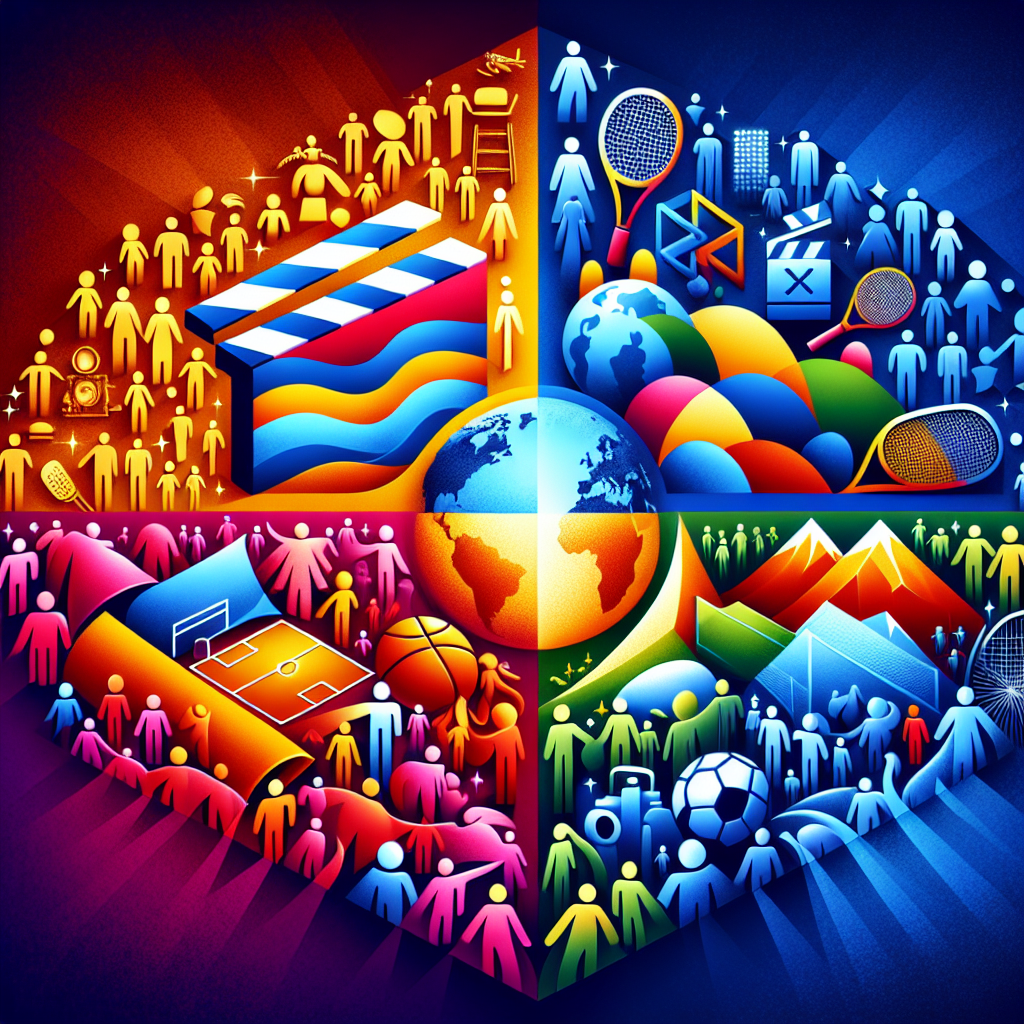
Trending Topics of The Week (20th January – 26th January)
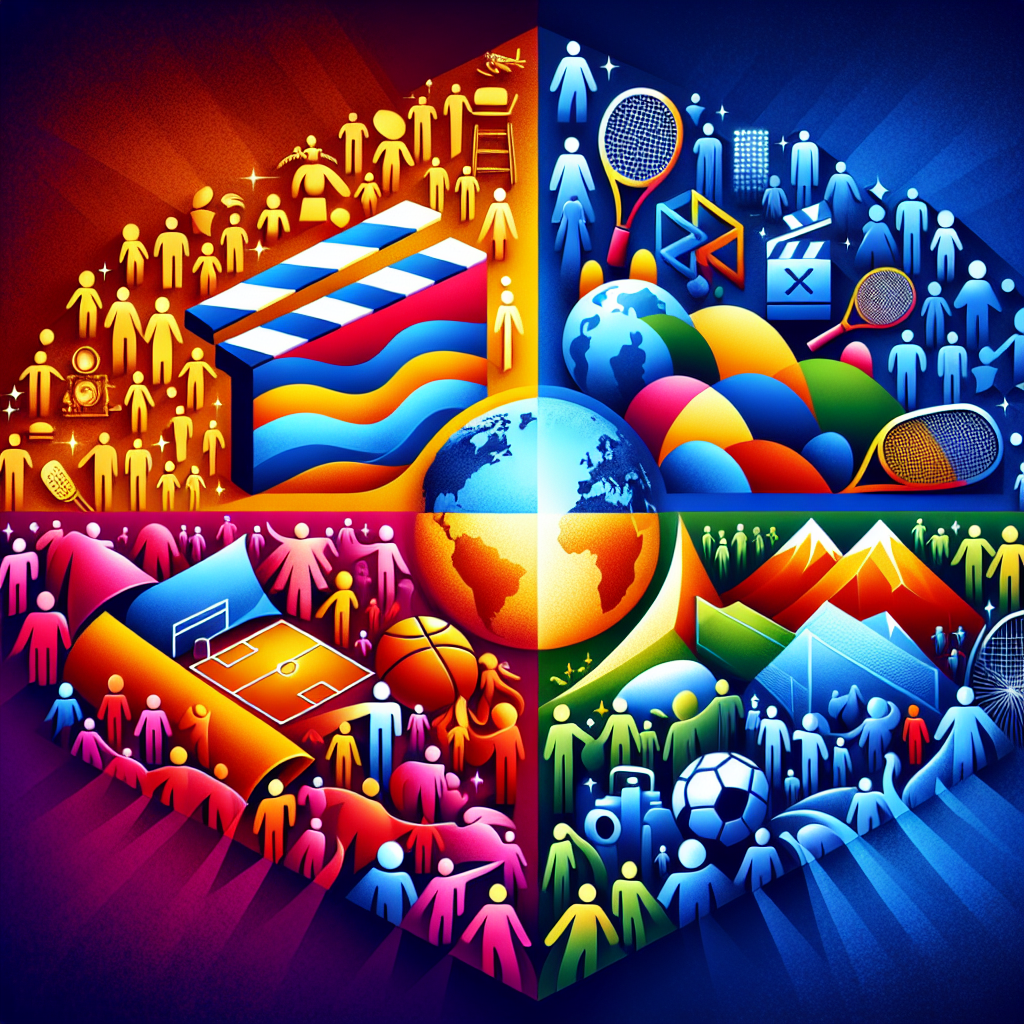
Trending Topics of The Week (13th January – 19th January)
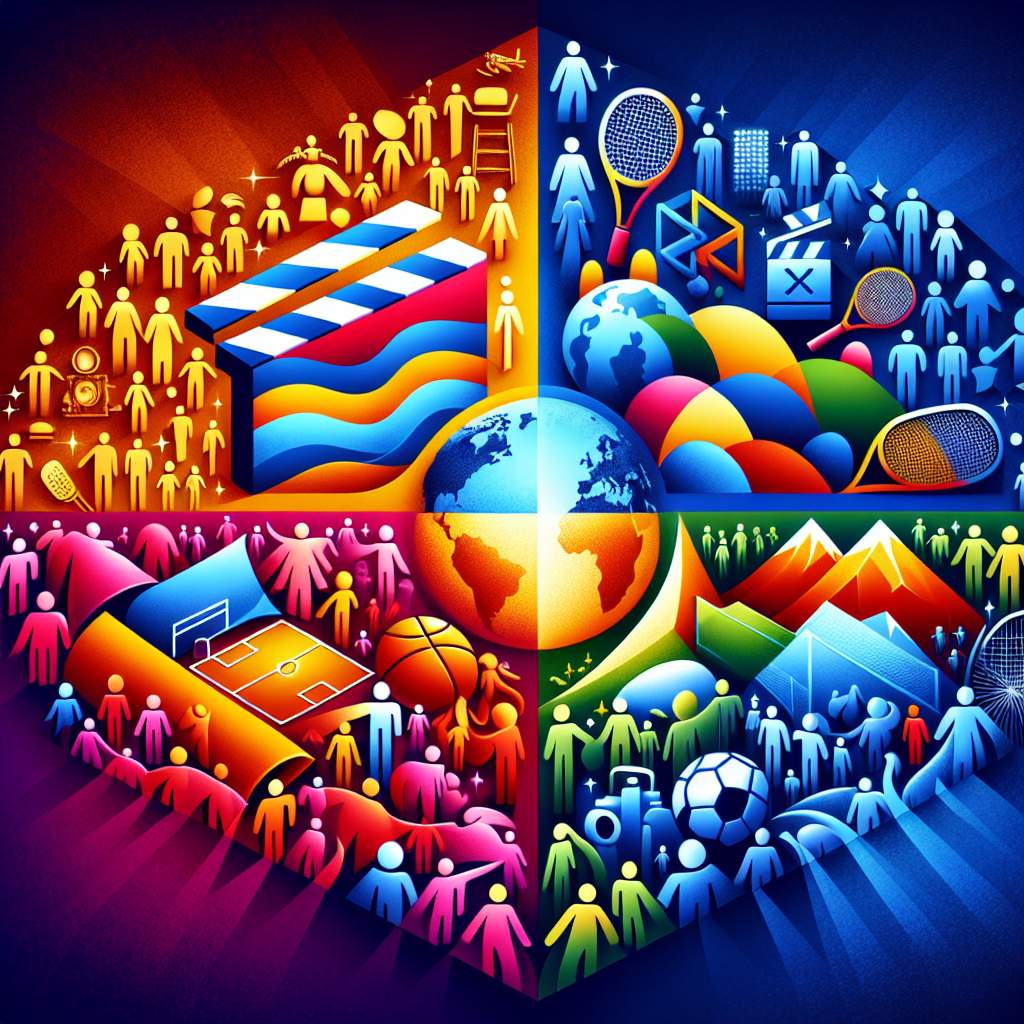
Trending Topics of The Week (6th January – 12th January)
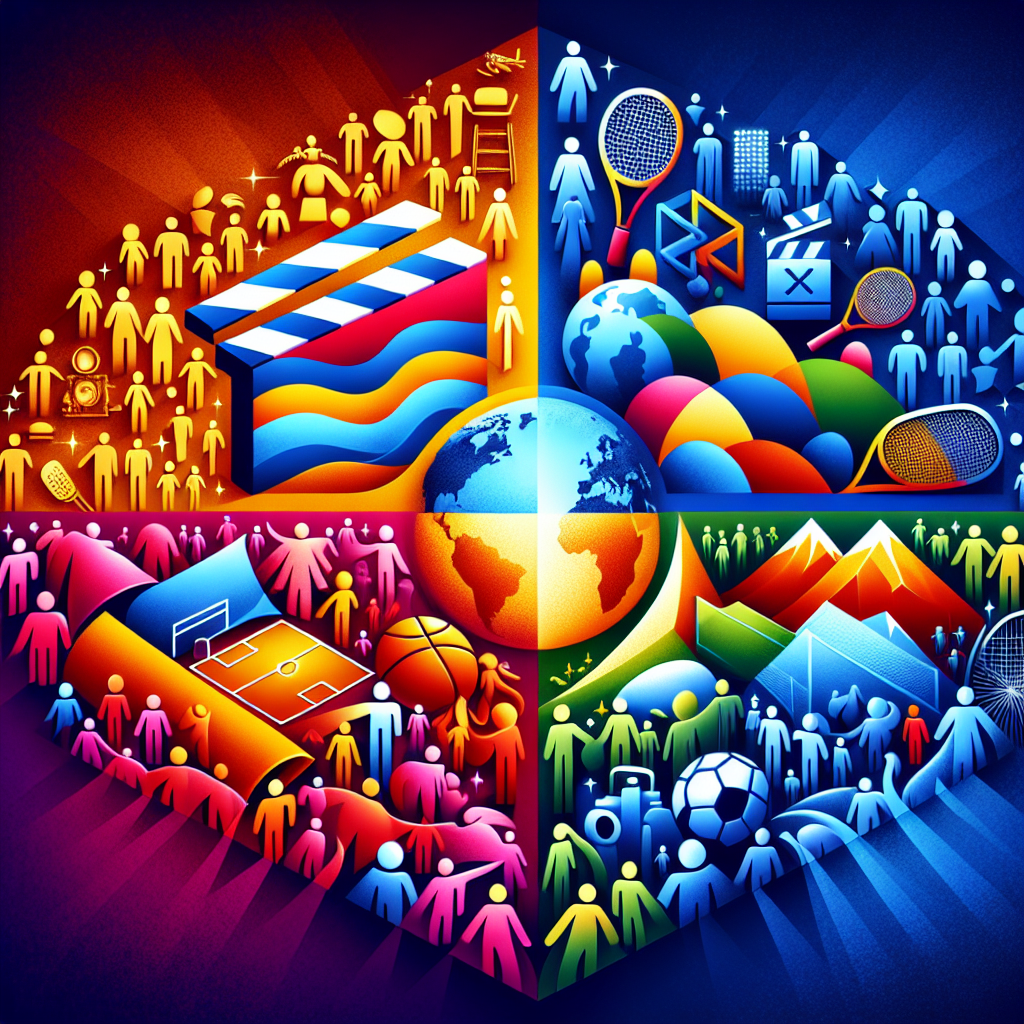
Trending Topics of The Week (30th December – 5th January)
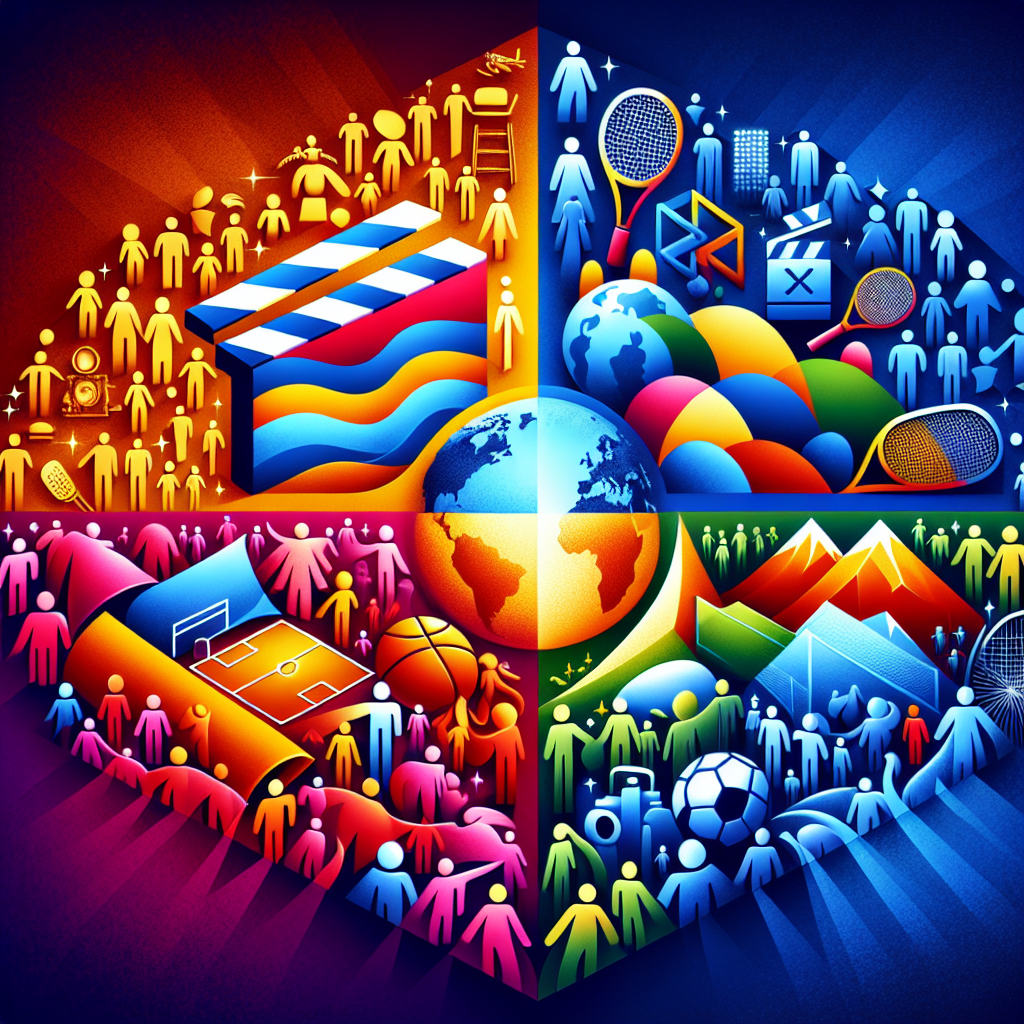
Trending Topics of The Week (23rd December – 29th December)
